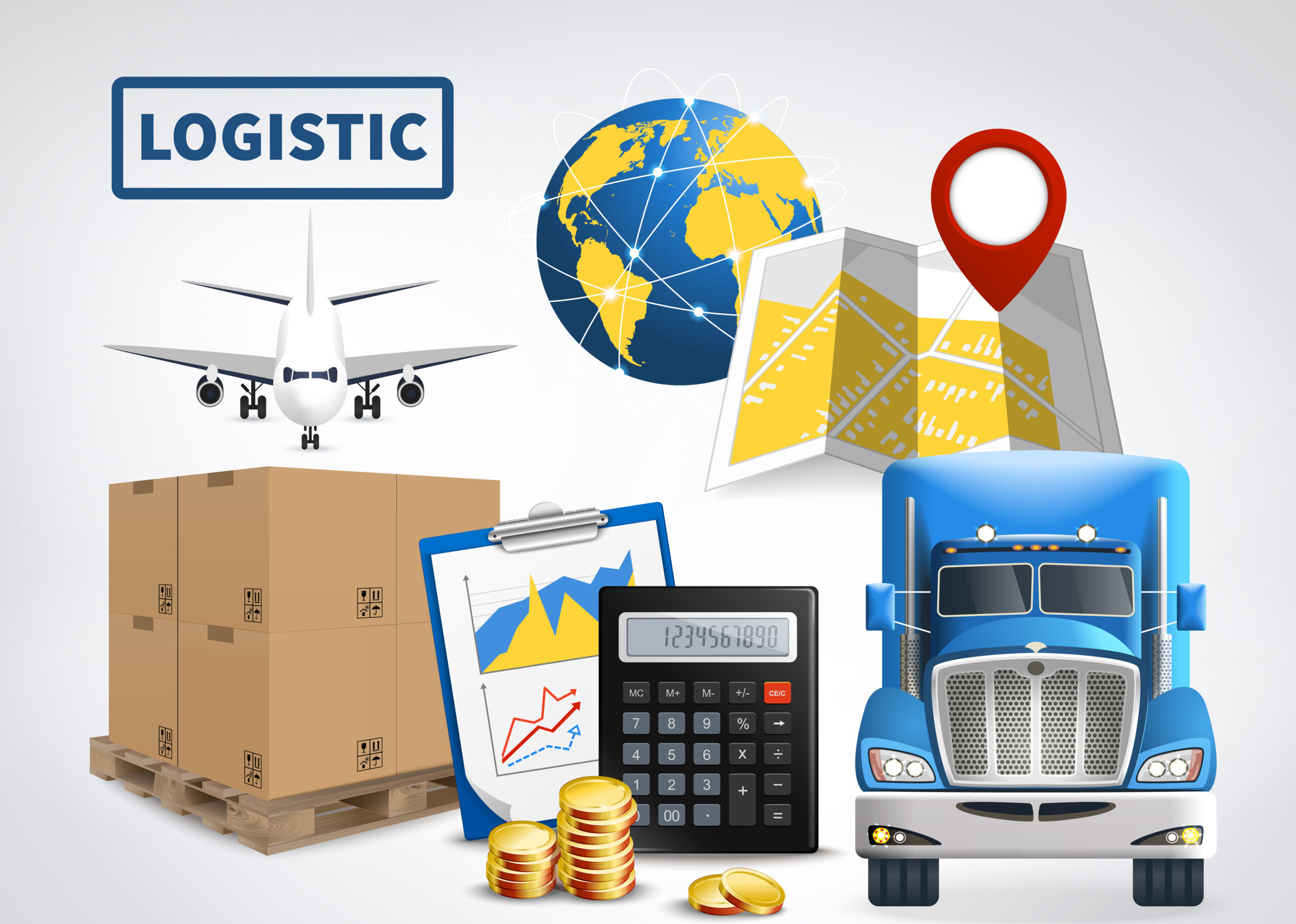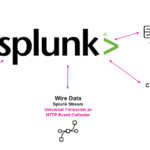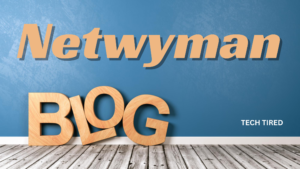The Role of IoT in Revolutionizing Transportation Logistics
The Internet of Things (IoT) is transforming industries worldwide, and transportation logistics is no exception. By leveraging IoT technologies, companies can enhance efficiency, reduce costs, and improve overall operational effectiveness. As you explore IoT-driven logistics, you’ll discover its profound impact on modern supply chains.
Understanding the Basics of IoT in Logistics
In today’s dynamic world, understanding how IoT integrates with logistics is crucial for staying competitive. The core idea behind IoT is connecting physical devices to the internet, allowing them to communicate and share data in real time. For transportation logistics, this means smarter fleet management, optimized route planning, and improved asset tracking. A trailer GPS tracker can provide real-time location data, ensuring that shipments are monitored closely and delivered efficiently. These technologies contribute significantly to reducing delays and enhancing the reliability of supply chains.
Beyond basic tracking and monitoring, IoT in logistics enables predictive analytics and proactive decision-making. By collecting vast amounts of data from various sensors and devices, companies can use machine learning algorithms to forecast potential disruptions, optimize inventory levels, and even predict maintenance needs before equipment failures occur. This predictive capability allows logistics providers to shift from reactive to proactive strategies, significantly reducing downtime and improving overall operational efficiency. For instance, smart pallets equipped with IoT sensors can provide real-time data on temperature, humidity, and shock, ensuring that sensitive goods are transported under optimal conditions throughout their journey.
The Benefits of IoT for Supply Chain Management
One of the most significant advantages of incorporating IoT into logistics is its ability to streamline operations. By using IoT-enabled sensors and devices, companies can track inventory levels in real time, anticipate maintenance needs for vehicles, and optimize delivery schedules. This not only helps in minimizing operational costs but also enhances customer satisfaction by providing more accurate delivery times. In addition to improving efficiency, it enables better decision-making processes through comprehensive data analysis. This analytical approach allows businesses to identify trends, address potential issues proactively, and ensure smoother supply chain operations.
IoT technology also plays a crucial role in enhancing supply chain transparency and traceability. By implementing IoT solutions throughout the supply chain, companies can create a digital thread that follows products from manufacture to delivery. This level of visibility is particularly valuable in industries such as pharmaceuticals and food, where maintaining product integrity is paramount. IoT-enabled tracking systems can provide real-time updates on product location, condition, and handling, ensuring compliance with regulatory requirements and enabling swift responses to any issues that arise. This increased transparency not only improves product quality and safety but also builds trust with consumers and partners, leading to stronger brand loyalty and improved market positioning.
Challenges and Solutions in Implementing IoT
While the benefits of IoT in transportation logistics are clear, some challenges must be addressed for successful implementation. Data security remains a primary concern as more devices become connected online. Ensuring that sensitive information is protected against cyber threats is crucial for maintaining trust and integrity within the supply chain. Additionally, the initial investment for IoT infrastructure can be substantial; however, the long-term savings and efficiency gains often justify these costs. Companies can overcome these hurdles by partnering with trusted technology providers who offer secure solutions tailored to their specific needs.
Another significant challenge in IoT implementation is the integration of legacy systems with new IoT technologies. Many logistics companies have existing infrastructure and software that may not be immediately compatible with IoT devices and platforms. To address this, organizations can adopt a phased approach to IoT implementation, gradually upgrading systems and processes while ensuring seamless integration. Cloud-based IoT platforms can serve as a bridge between old and new technologies, allowing for more flexible and scalable solutions. Additionally, standardization efforts within the industry are crucial for ensuring interoperability between different IoT systems and devices. By participating in industry consortiums and adopting widely accepted protocols, companies can future-proof their IoT investments and facilitate smoother collaboration across the supply chain ecosystem.
The Future of Transportation Logistics with IoT
As IoT technology continues to advance, its role in influencing the trajectory of transportation logistics will only grow stronger. Emerging trends such as autonomous vehicles and drone deliveries are poised to redefine how goods are transported and delivered globally. These innovations promise even greater efficiency and reduced environmental impact by optimizing energy consumption and minimizing emissions. By staying informed about these developments and adopting relevant technologies early on, you can position yourself at the forefront of this logistical revolution. Embracing IoT not only enhances current operations but also prepares your business for future challenges in an ever-changing industry landscape.
The integration of IoT with other emerging technologies like blockchain and artificial intelligence (AI) is set to create even more powerful solutions for transportation logistics. Blockchain technology can enhance the security and transparency of IoT data, creating immutable records of transactions and asset movements throughout the supply chain. This combination can lead to smart contracts that automatically execute when certain conditions are met, further streamlining processes and reducing the need for intermediaries.
AI, on the other hand, can analyze the vast amounts of data generated by IoT devices to uncover deeper insights and patterns that humans might miss. This synergy between IoT, blockchain, and AI has the potential to create self-optimizing supply chains that can adapt in real time to changing conditions, predict market demands with greater accuracy, and autonomously manage inventory and logistics operations with minimal human intervention.
















